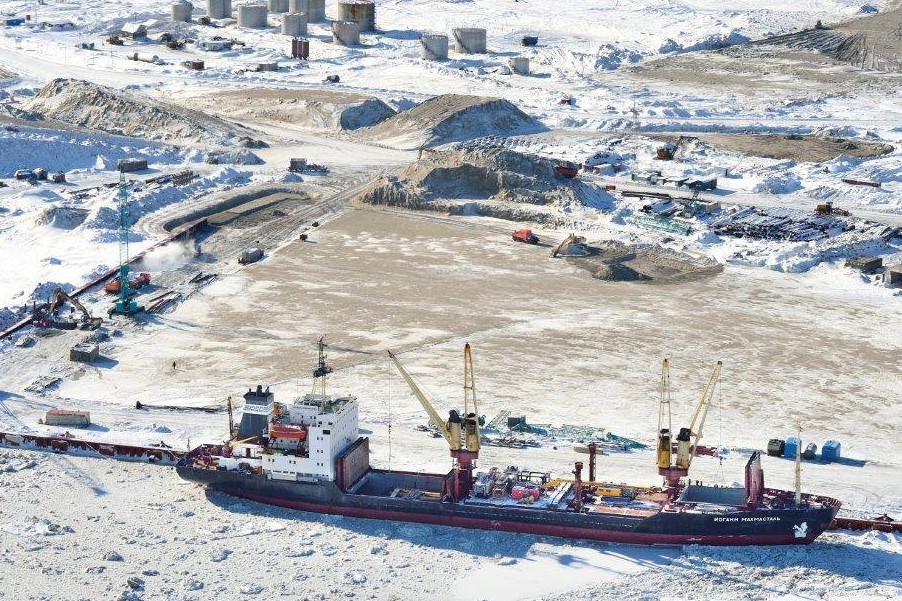
TORONTO, January 14, 2015
From Automotive News World Congress 2015
Tesla Motors Inc. (TSLA) plans to boost production of electric cars to “at least a few million a year” by 2025 from fewer than 40,000 last year.
Speaking at an industry conference in Detroit yesterday, CEO Elon Musk said Tesla may not be profitable until 2020. In addition, Tesla’s sales in China were unexpectedly weak in the fourth quarter. He blamed a misperception by city-dwelling Chinese consumers that they might have difficulty charging their electric cars. “We’ll fix the China issue and be in pretty good shape probably in the middle of the year,” he said.
Tesla shares fell 7 percent in after-hours trade to $190.22 from a close of $ 204.25 on the Nasdaq. During 2014, Tesla stock rose nearly 48 percent.
Musk, who last year said Tesla will begin phasing in “autopilot” features on its Model S sedan, predicted that the company will be first to market with a fully self-driving car, but likely not until after 2020. While Tesla may have a driverless car ready in five years, the vehicles may not receive regulatory approval for another two to three years after that, he said.
Musk also said the company’s long-delayed Model X sport utility vehicle will be launched this summer, while the lower-priced, higher-volume Model 3 is on track for a 2017 introduction.
The Model 3 will be critical to Tesla’s goal of reaching an annual sales level of 500,000 vehicles a year by 2020, a target that Musk also reaffirmed.
If Tesla hits its target of a few million vehicles by 2025, it would put the company on par with Fiat Chrysler Automobiles, which sold 2 million vehicles last year in the United States.
Musk said Tesla likely won’t achieve profitability using generally accepted accounting principles (GAPP) until the Model 3 ramps up to full production in 2020, although it may report non-GAAP profits before then as sales volume rises.
Musk told attendees at the Automotive News World Congress that “we could make money now if we weren’t investing” in new technology and vehicles such as the Model 3 and expanded retail networks, Musk said.
On another topic, Musk said he was open to partnerships with retailers to sell Tesla vehicles, but not until after the company no longer has production bottlenecks.
“Before considering taking on franchised dealers, we also have to establish (more of) our own stores,” he said. Musk said “we will consider” franchising “if we find the right partner.” He did not elaborate but said Tesla “is not actively seeking any partnerships” with other manufacturers “because our focus is so heavily on improving our production” in Fremont, California.
Last year, Tesla delivered about 33,000 Model S sedans. Musk said the current wait for delivery is one to four months. Tesla already has pre-sold every Model S that it plans to build in 2015, Musk said.
He said he did not see the Chevrolet Bolt, a low-priced electric car planned by General Motors Co. for 2017, as a potential competitor to he Model 3.
“It’s not going to affect us if someone builds a few hundred thousand vehicles,” he said in reference to the Bolt, which GM expects to price to compete directly with the Model 3.
But he added, “I’d be pleased to see other manufacturers make electric cars”.
Tesla Motors, Inc. is an American company that designs, manufactures, and sells electric cars and electric vehicle powertrain components. Tesla Motors is a public company that trades on the NASDAQ stock exchange under the symbol TSLA.
Source:
http://ir.teslamotors.com
http://www.autonews.com/section/world-congress02
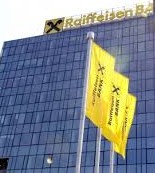 In a surprise move, the Swiss National Bank (SNB) gave up its minimum exchange rate of CHF 1.20 per EUR today, ending a three-year-old policy designed to shield the economy. SNB still considers the CHF high, but thinks that the overvaluation has decreased since. Additionally, it lowered the interest rate on sight deposit account balances that exceed a given exemption threshold to minus 0.75% from minus 0.25%, it said in a statement today. Raiffeisen Centrobank has quickly screened the universe for its exposure towards Switzerland and the CHF. Furthermore Download CEE_Banks_CHF_exposure.pdf
In a surprise move, the Swiss National Bank (SNB) gave up its minimum exchange rate of CHF 1.20 per EUR today, ending a three-year-old policy designed to shield the economy. SNB still considers the CHF high, but thinks that the overvaluation has decreased since. Additionally, it lowered the interest rate on sight deposit account balances that exceed a given exemption threshold to minus 0.75% from minus 0.25%, it said in a statement today. Raiffeisen Centrobank has quickly screened the universe for its exposure towards Switzerland and the CHF. Furthermore Download CEE_Banks_CHF_exposure.pdf
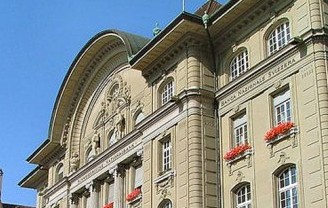 L’abandon du taux plancher par la Banque nationale suisse (BNS), annoncé jeudi, va laisser des traces dans l’économie helvétique notamment au niveau des exportations, a estimé l’économiste en chef d’UBS pour la Suisse, Daniel Kalt. La Confédération ne devrait cependant pas tomber en récession après cette décision, a-t-il indiqué à des journalistes.
L’abandon du taux plancher par la Banque nationale suisse (BNS), annoncé jeudi, va laisser des traces dans l’économie helvétique notamment au niveau des exportations, a estimé l’économiste en chef d’UBS pour la Suisse, Daniel Kalt. La Confédération ne devrait cependant pas tomber en récession après cette décision, a-t-il indiqué à des journalistes. La Banque mondiale a réduit mardi ses prévisions de croissance de l’économie mondiale en 2015 en raison d’une conjoncture afaiblie dans la zone euro, au Japon et sur certains marchés émergents.
La Banque mondiale a réduit mardi ses prévisions de croissance de l’économie mondiale en 2015 en raison d’une conjoncture afaiblie dans la zone euro, au Japon et sur certains marchés émergents.
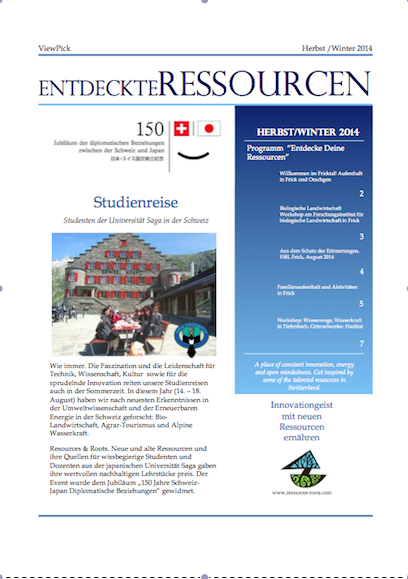
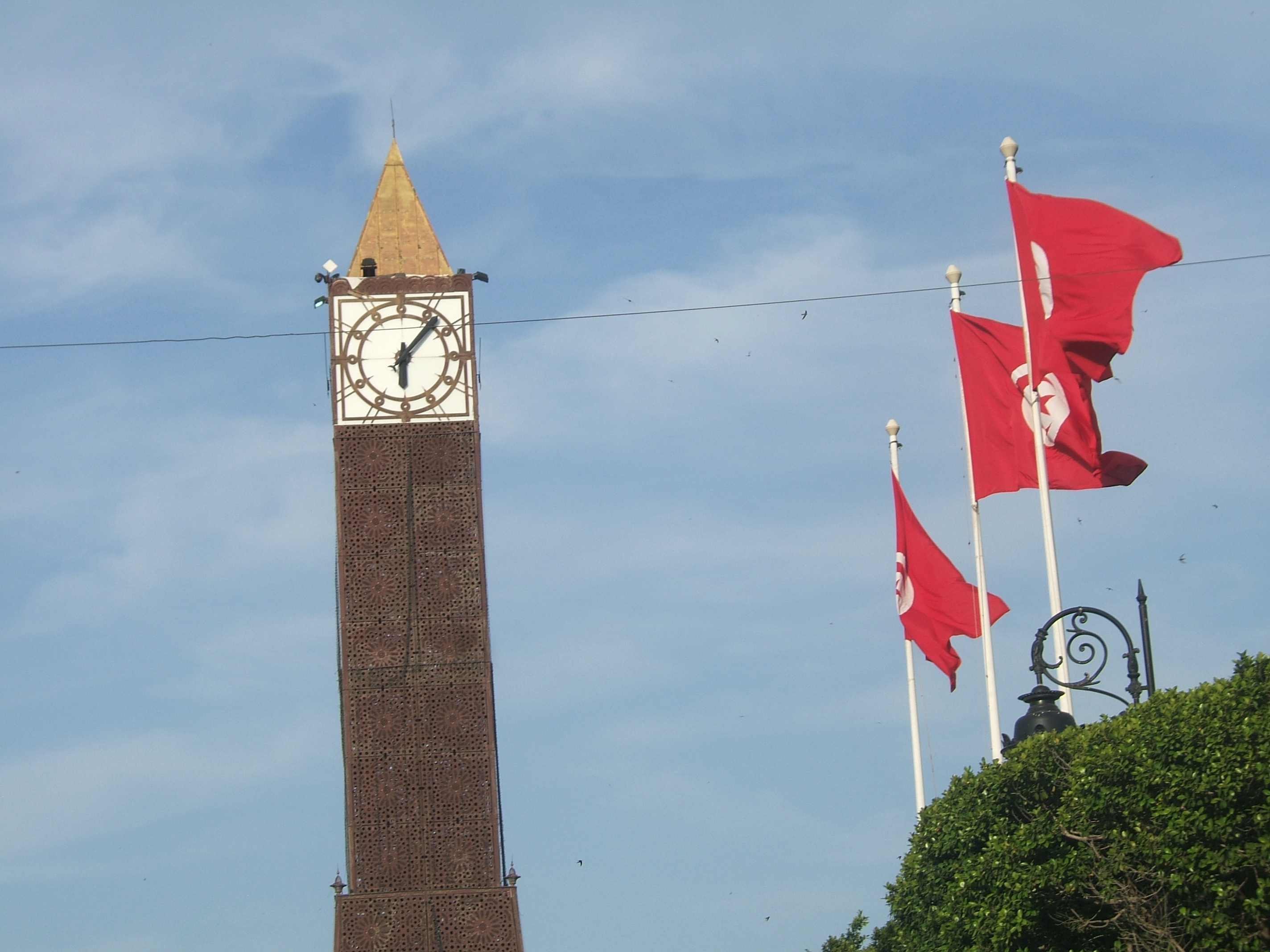 The true perspective of a new Tunisian government in the coming weeks gives positive signals for the sovereign’s credit profile drawn by Fitch Rating Agency. The electoral process has proceeded smoothly despite security risks, and electoral outcomes have increased the likelihood of the formation of a stable, coherent government.
The true perspective of a new Tunisian government in the coming weeks gives positive signals for the sovereign’s credit profile drawn by Fitch Rating Agency. The electoral process has proceeded smoothly despite security risks, and electoral outcomes have increased the likelihood of the formation of a stable, coherent government. La Grèce est au bout du souffle. Les banques et autres investisseurs privés ont en fui ce pays lors de la première crise, celle du printemps 2010. Les institutions publiques (l’état ou organisations) en détiennent la plus grande partie de la lourde dette.
La Grèce est au bout du souffle. Les banques et autres investisseurs privés ont en fui ce pays lors de la première crise, celle du printemps 2010. Les institutions publiques (l’état ou organisations) en détiennent la plus grande partie de la lourde dette.
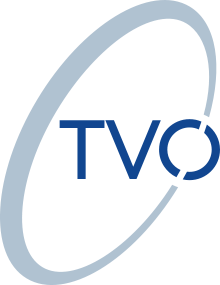 Finnish nuclear consortium Teollisuuden Voima Oyj (TVO) said Thursday it’s planning to cut up to 110 jobs, around 13% of its work force, to lower annual costs by 15 million euros ($17.7 million).
Finnish nuclear consortium Teollisuuden Voima Oyj (TVO) said Thursday it’s planning to cut up to 110 jobs, around 13% of its work force, to lower annual costs by 15 million euros ($17.7 million).